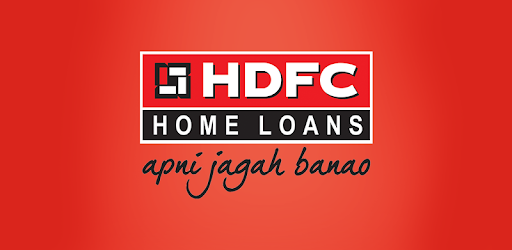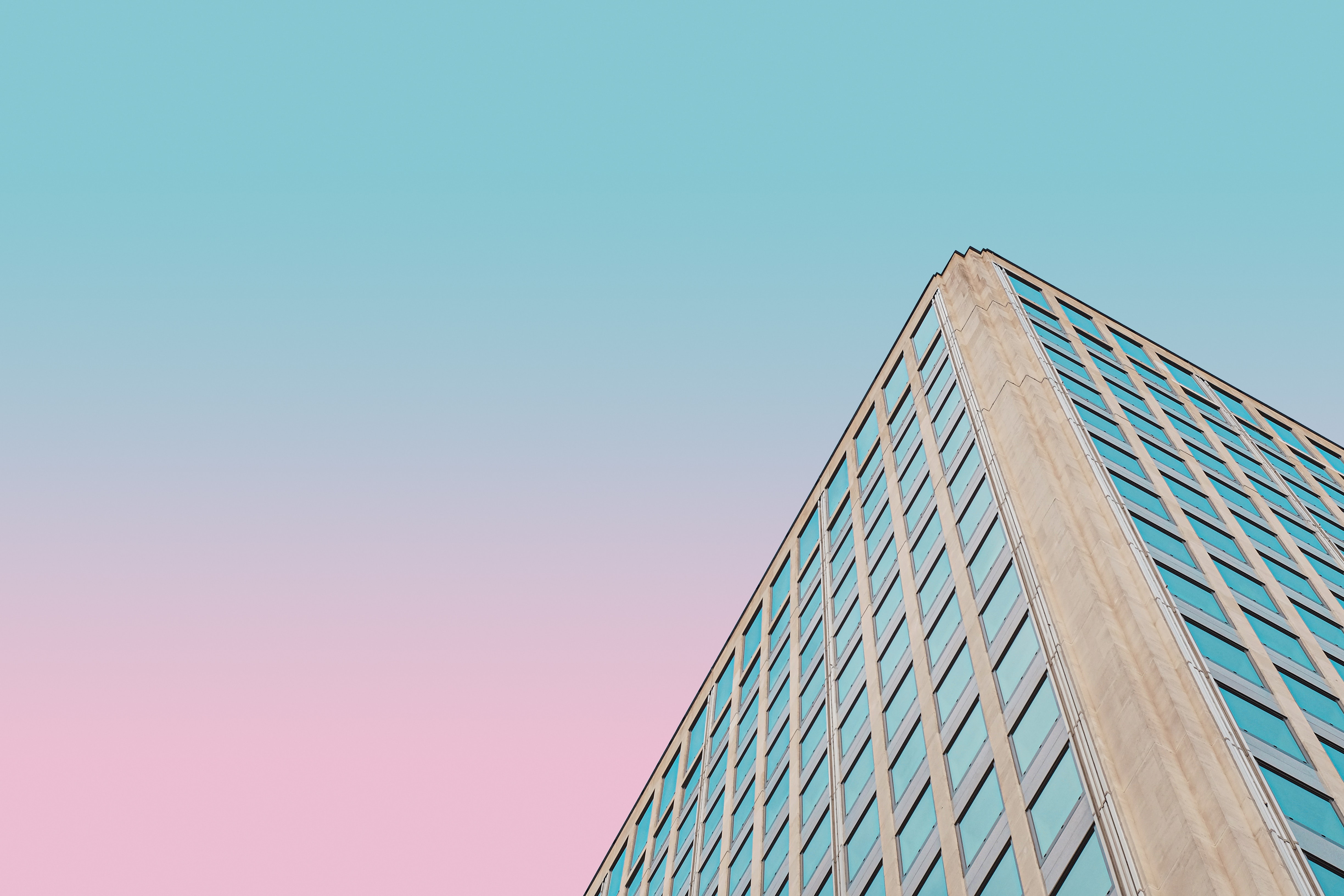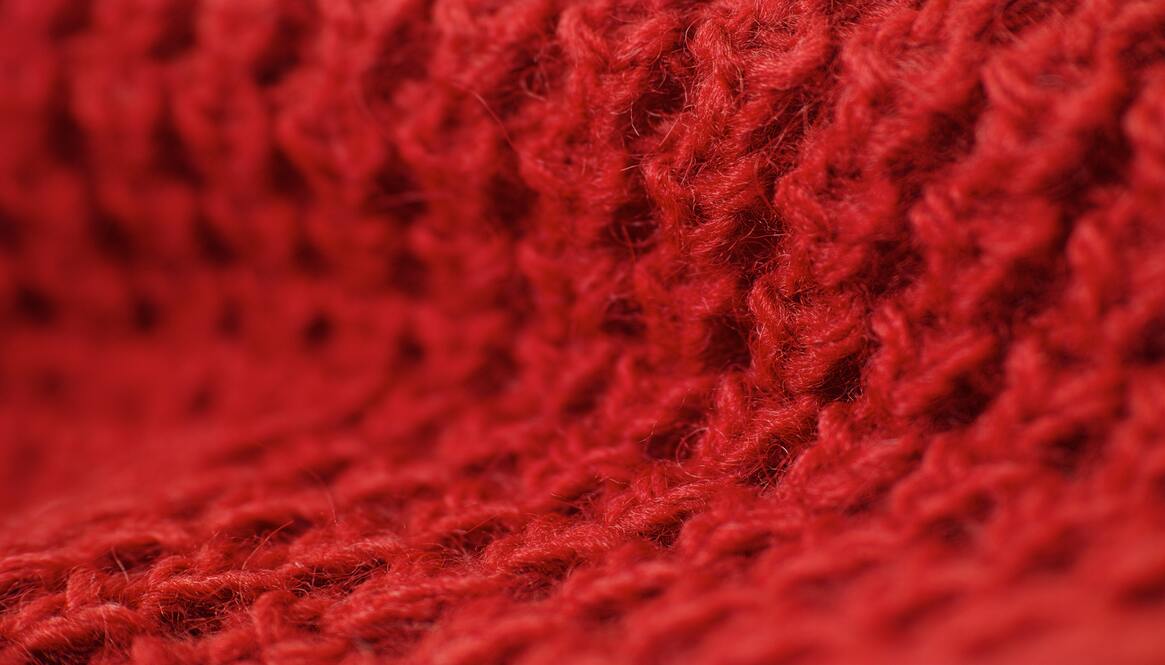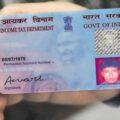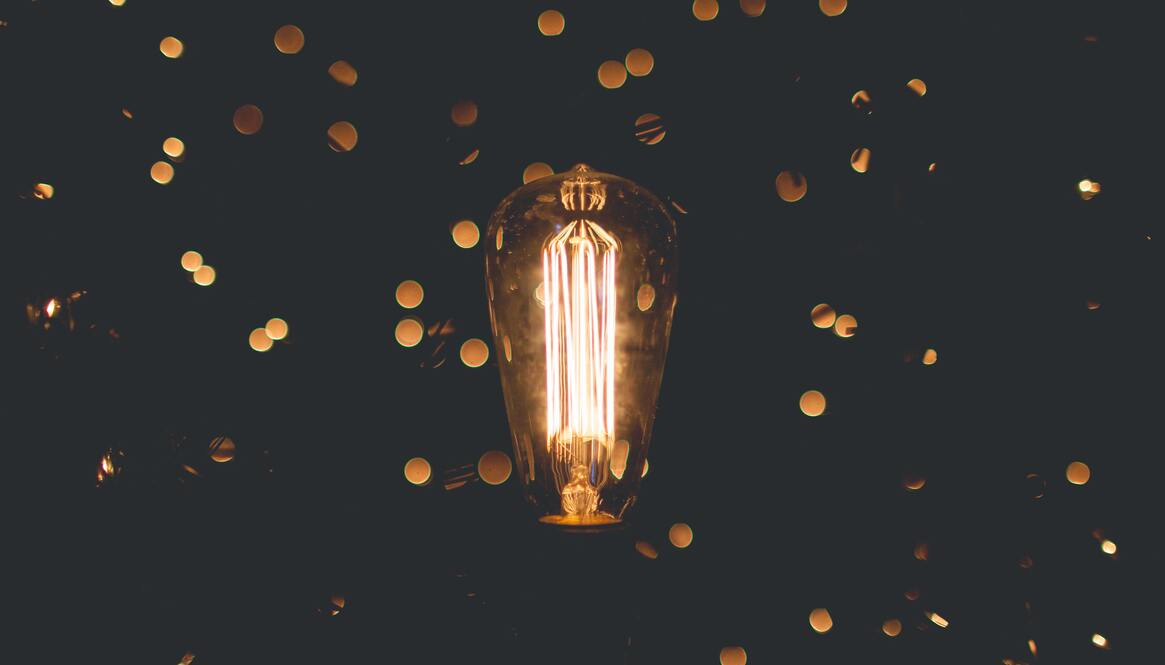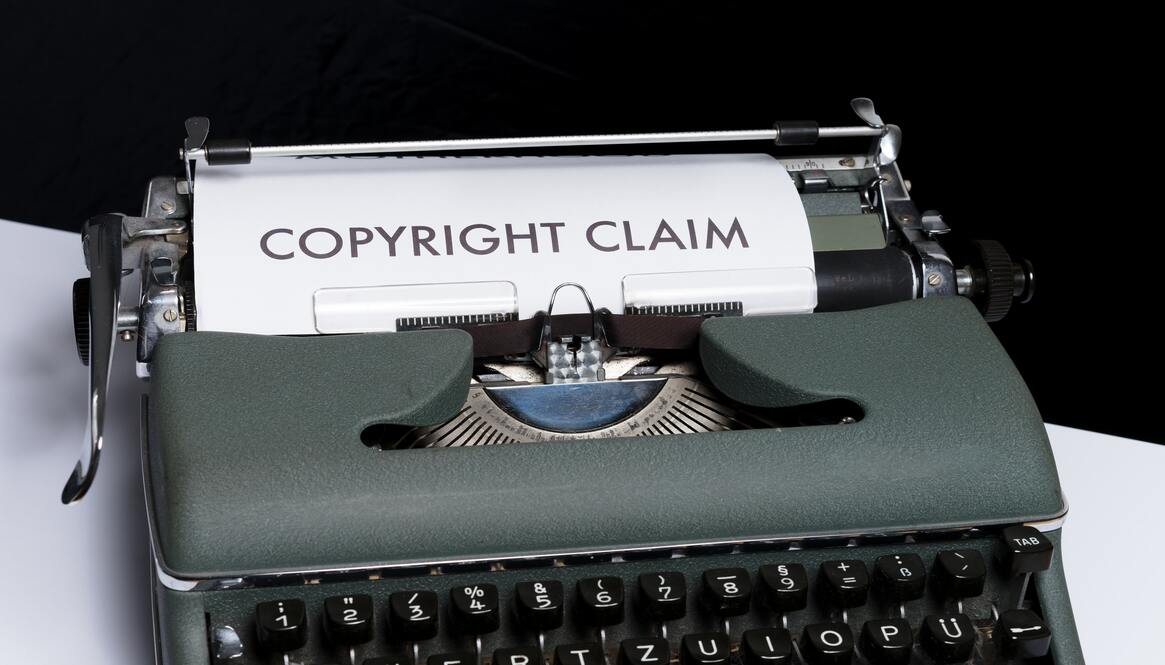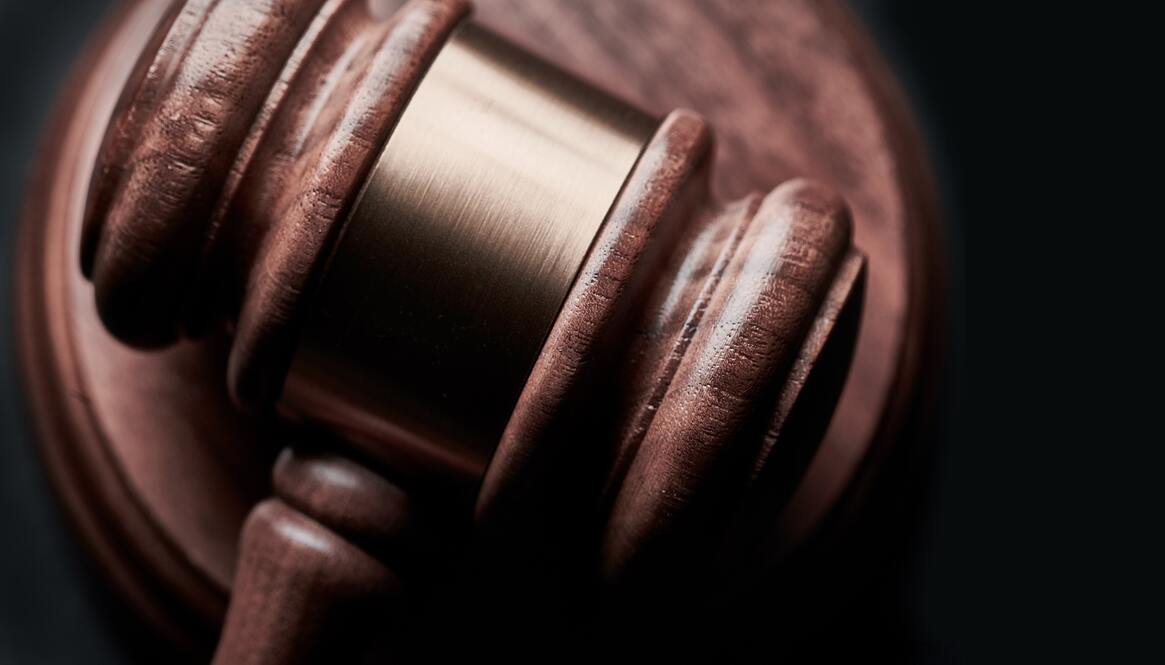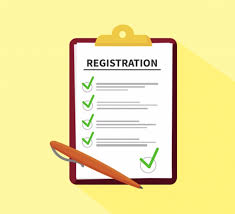FAQs on copyright in India
Copyright law in India is governed by the Copyright Act, 1957, which has been amended six times, with the last amendment in 2012. In our previous article on FAQs on copyright registration, we have discussed important FAQs related to copyright registration in India. We have discussed important topics like how to apply for copyright registration, benefits of copyright, various aspects of copyright disclaimer etc. Continuing with that series, we are going to discuss important FAQs related copyright in general in India-
Q – Why is copyright important?
A – Copyright is important as it provides ownership of the original work like a book, poems, website etc. Copyright provides you control over how your work will be consumed or reproduced. Moreover, a registered copyright would give an author legal means to challenge copied work and claim legal damages for the same. In absence of a copyright, anyone could copy and reproduce your original work and you would not be able to reap benefits of your work. Copyright provides a perfect incentive for creative individuals to create without fear of their work being utilized by others for commercial purposes.
Q – Why should copyright be protected?
A – Copyright should be protected as it is an asset for your work. Your original idea is the creation of your mind and should be utilized by a rightful author for commercial or non commercial use. A registered copyright is a perfect tool to protect your original work as it provides a legal ground to pursue the guilty party. In the absence of a copyright protection, your original work could be reproduced, copied by others for commercial purposes.
Q – What does copyright protect?
A – Copyright protects following type of works-
- Original Literary Work
- Original Dramatic work
- Original Musical work
- Original Artistic Work
- Cinematography films, and
- Sound recordings
- Others
Q – What is a copyright year?
A – Copyright year is the first year of publication of original work. The name of the copyright owners generally accompanies the date. This statement legally protects the copyright owner from potential infringement.
Q – Which copyright form should i use during copyright registration?
A – Different forms are required for copyright registration. Some of the forms used in copyright are-
- Application Form for Registration of Copyright (Form-XIV)
- Application Form for Registration of changes in Particulars of Copyright (Form-XV)
- Application Form for the Relinquishment of Copyright (Form-I)
- Proforma for discrepancy letter
Q – Which copyright date should I use?
A – You should use following date for different type of works-
- Books – Year of publication in the citation
- Journals – Year of publication
- Magazines – Month and year
- Newspapers – Day, month and year of publication

Q – How copyright works in YouTube?
A – You can check how copyright works in Youtube in this article.
Q – How copyright works?
A – A copyright is created as soon as you have created an original work. A registered copyright is protected by law and you can protect your original work like a movie or book from being copied. Registered copyrights are registered on the official copyright register and it is expected for the general public to be aware of the same. You can apply for copyright registration with the means like physical application, registered post or apply on official copyright portal. Copyright registration usually takes 6-12 months for registration and you would be issued a copyright registration certificate post registration.
Q – How is copyright different from patent?
A – Patents refer to an invention, whereas copyrights refer to the expression of an idea, such as an artistic work.
Q – How copyright works on Instagram?
A – When a user uploads a picture or a video on Instagram, he doesn’t forfeit his copyright over the work.
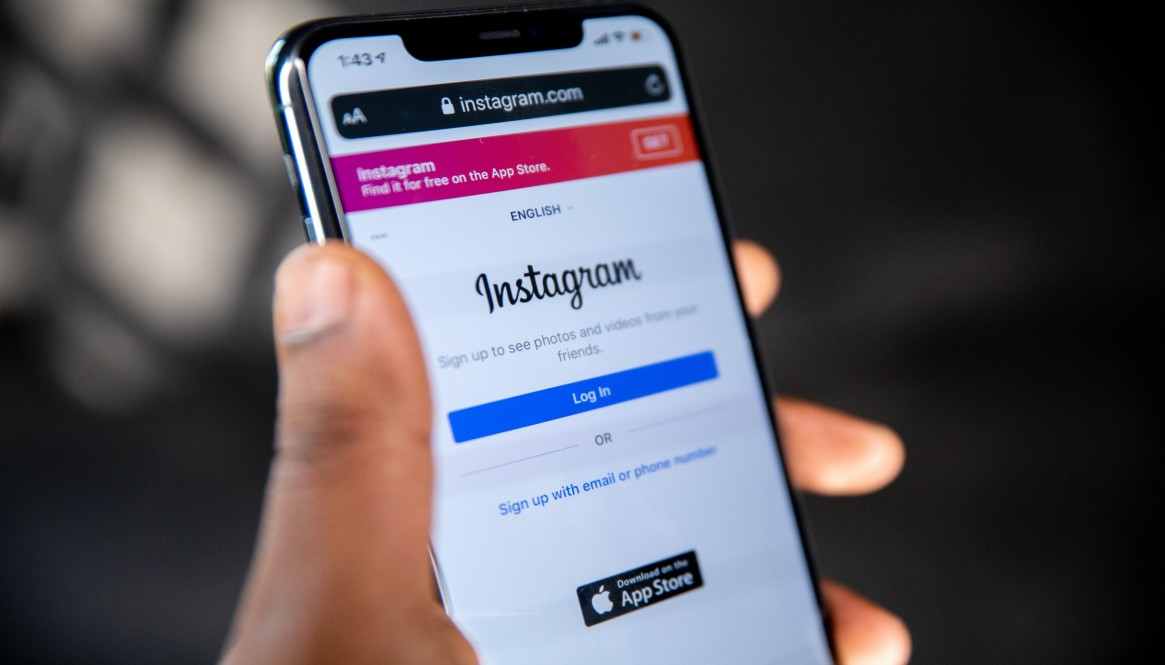
Q – Are copyright territorial?
A – Yes, copyright work is territorial in nature. Scope of your copyright depends on the country and state of copyright. copyright rules are different from one country to another.
Q – What is copyright law?
A – Copyright law in India is governed by the Copyright Act, 1957, which has been amended six times, with the last amendment in 2012. This act has been applicable since 21st January, 1958. The copyright act, 1957 protects original literary, dramatic, musical and artistic works and cinematograph films and sound recordings from unauthorized uses. Copyright act is a comprehensive statute that provides rights for copyright, moral right and neighboring rights.
Q – How many sections are there in copyright law?
A – There are 14 sections and 8 rules in copyright law.
Q – What is a centralized agency in copyright law?
A – There are two centralized copyright agencies in India – the copyright office and the copyright board
Q – What are different types of work protected under copyright act?
A – Following types of work are protected under act-
- Literary
- Dramatic
- Musical
- Artistic
- Sound recordings
- Cinematographic work
Q – What are moral rights under copyright law?
A – Following moral rights are covered under copyright law-
- The right to claim authorship of the work (paternity right); and
- The right to claim damages in respect of any distortion, mutilation, modification or other acts
- The right to claim as performer for a artistic work
- The right to claim damages in case of a loss to reputation of an artist due to infringement.
Q – What is a copyright symbol?
A – The copyright symbol or copyright sign is the symbol used in copyright notices of creative works.
Q – What are moral rights under copyright law?
A – Following moral rights are covered under copyright law-
- The right to claim authorship of the work (paternity right); and
- The right to claim damages in respect of any distortion, mutilation, modification or other acts
- The right to claim as performer for a artistic work
- The right to claim damages in case of a loss to reputation of an artist due to infringement.
Q – What is copyright infringement?
A – Copyright infringement means when a registered copyrighted work is reproduced, distributed, performed, publicly displayed, or made into a derivative work without the permission of the copyright owner. You can claim copyright infringement only for registered copyrighted work.
Q – Can copyright be renewed?
A – Yes, copyright can be renewed. However, in most cases copyright exists at least for the lifetime of the author.
Q – When copyright expires?
A – Copyright is valid for different time duration depending upon nature and type of work. For an original literary, dramatic, musical or artistic work, the duration of the copyright is the lifetime of the author or artist. Even after the death of the original creator of the work, copyright is applicable till 60 years after death of the creator.
Q – How can I find a copyright symbol on a keyboard?
A – You can insert a copyright symbol by copying it from word processing software like Microsoft word. Copyright symbol and trademark symbol are present under the Symbol tab in Word.
Q – What is copyright infringement?
A – Copyright infringement is unlawful use of works protected by copyright without permission of the copyright holder.
Q – What is copyright ability?
A – Copyrightability is the ability of work to assign a copyright. Copyright is generated as soon as original work is created.
Q – What is a copyright logo or a copyright symbol?
A – The copyright symbol consists of a letter “c” in a circle, followed by the name of the owner of the copyright and the year the work was first published
Q – Can we have copyright for a logo?
A – No, logos are generally trademarked unless the logo contains some artistic or design elements.
Q – What is a copyright act?
A – Copyright act is a backbone or law under which a protection of copyright is given. It lists all rules and regulations under which copyright is governed in India.
Q – What is the full form of DMCA?
A – DMCA stands for Digital millennium copyright act.
Q – What is a DMCA violation?
A – DMCA is a strike system through which copyright infringers are penalized under DMCA. DMCA will provide legal notices to an infringer and repeated notices can lead to complete removal of access to the internet.
Q – What is YouTube copyright?
A – Copyright is created as soon as original content is created on YouTube. If anyone copies your original content without your permission then you can use various tools provided by YouTube to take that content down from it.
Q – What are YouTube copyright rules?
A – For a complete list of YouTube copyright rules on YouTube, you can visit this link.
Q – What is the meaning of tem “Public domain”?
A – If anything is in public domain then it is available for each and everyone for consumption. When a content is available on public domain then it is not covered by intellectual property rights such as patent, copyright or trademark etc.
Q – How do you write a copyright disclaimer on YouTube?
A – To write a copyright disclaimer on YouTube, you have to specifically mention that work or video you have uploaded is your original work and hence protected by copyright. Please take care to use the copyright symbol and date of first publication in the copyright disclaimer.
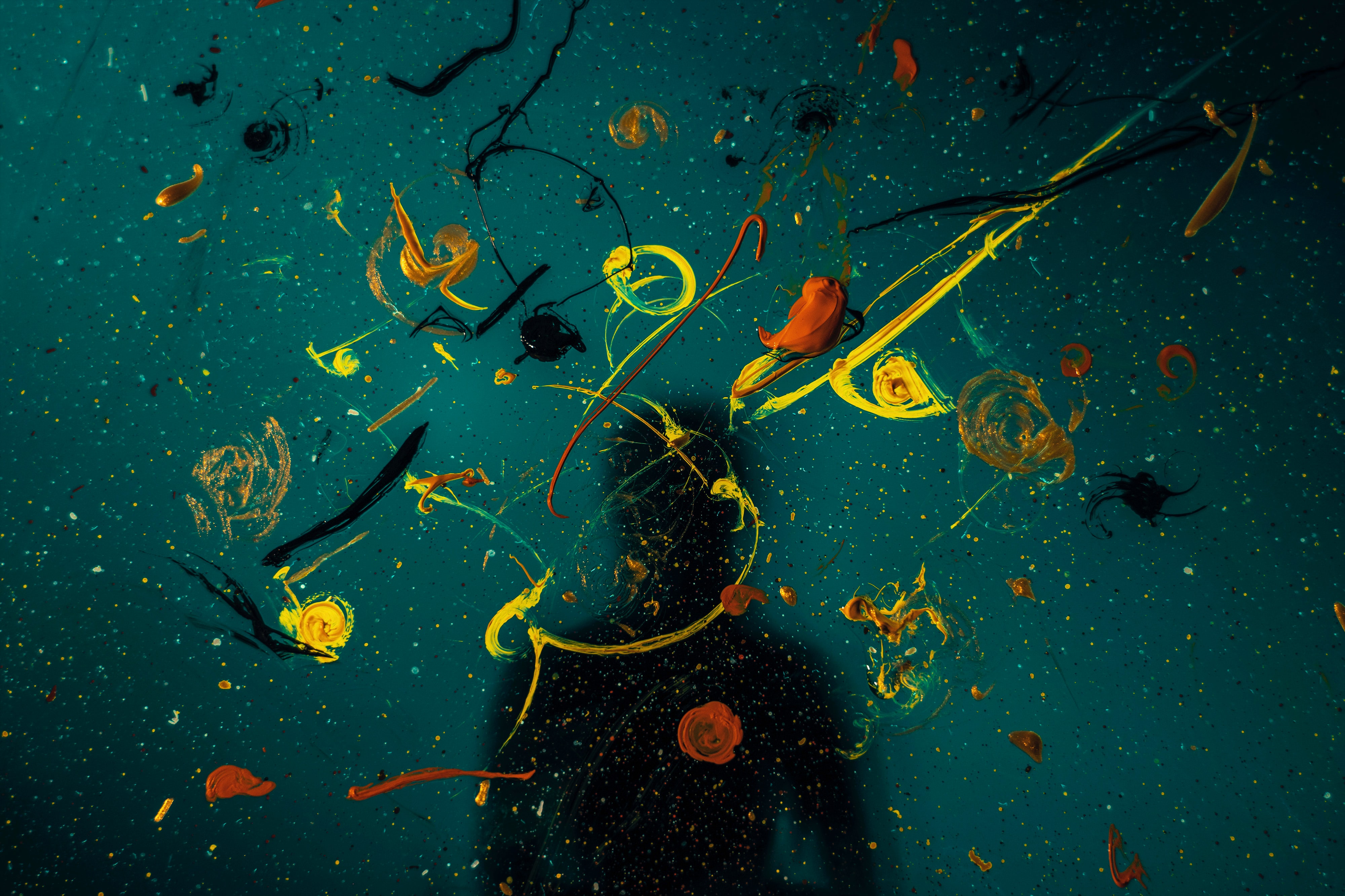
Q – What are copyright images?
A – Copyright is created automatically for an original image uploaded on the internet. You can take legal action against anyone who uses your images which are protected by copyright without your permission.
Q – Where can I find copyright free images on the internet?
A – There are plenty of resources on the internet on which you can find copyright free images and can use them without fear of legal actions. Some of them are Pexels, Pixabay, Unsplash etc.
Q – What is a fair dealing under copyright?
A – Fair dealing permits reproduction or a copyright work in a specific manner.
Q – What is the difference between copyright, patent and trademark?
A – Copyright is an automatic right that generates post creation of artistic and original work like music, poem, book, website etc. Copyright is a legal mechanism to protect the original author and his right to protect his original creation from being copied or reproduced without his permission. A patent is given to an inventor to protect features and process of an invention. A trademark is given to protect a logo or trade name of a product or services from being misused. Trademarks are provided for company names and company logos.
Q – What is a creative common license?
A – Creative commons a non profit organization that grants creative common license to original creators which help them in granting permission to the general public to use creative work under copyright law.
Q – What is the number of creative common licenses?
A – There are 6 creative common licenses.
Q – What things that cannot be copyright?
A – Things that are not protected by a copyright or protected under copyright are –
- Ideas, methods or systems
- Commonly known information
- Choreographic works
- Names, titles or short expressions
- Fashion
Q – Does copyright apply to titles and names?
A – Copyright doesn’t protect titles or names. Copyright doesn’t protect ideas or concepts. To copyright a work, your work must be original.
Q – Is it a copyright to claim benefits and protect our work?
A – No, copyright is created as soon as original work is completed. However, a certificate of registration for copyright is required to prove existence of copyright in front of a court or legal authorities. Copyright registration would be extremely useful to take legal action or to stop someone to illegally use your work without your permission.
Q – How can I file an application for registration of copyright?
A – Copyright application could be filed with 3 ways like physically filing copyright application at copyright office located at Plot no. 32, Boudhik Sampada Bhawan, Sector 14, Dwarka, New Delhi- 110075. The copyright application can also be filed online on copyright website and can be sent through post.
Q – What is the procedure for registration for copyright under copyright act,1957?
A – Application for registration of a copyright has following steps-
- Fresh application has to be filed under Form 14. Separate application has to be filed for different work.
- Each application has to be accompanied by associated fees and documents.
- Each application has to be signed by applicant
Q – Can I file an application for copyright registration on my own?
A – Yes, if you are the author of an original work then you are perfectly eligible to apply for copyright on your own. Under copyright law, you can apply for copyright either online on the official copyright website or filing an application physically.
Q – Can unpublished work be registered under copyright?
A – Yes, under copyright act, both published as well as unpublished work are eligible for registration under copyright.
Q – Can a computer software or a computer programme be registered under copyright?
A – Under, copyright act, 1957 a computer programme is considered as literary work. Literary work includes computer programmes, tables and compilations, including computer databases.
Q – What are the requirements for computer programmes to be registered under copyright?
A – You need to send Source code and Object code along with an application for a copyright application for a computer software.
Q – Can i register a copyright for my website?
A – Yes, you can register a copyright for your website. Though it may be noted that all content of the website is not copyrightable. Some content of websites that are not copyrightable includes ideas or future of a website, functional elements of websites, unclaimable material, layout and format or ‘look and feel’ of a website. Any other unoriginal content is also not copyrightable
Q – What is the time frame to get copyright registered?
A – You have to wait for a period of 30 days once you receive your diary number. This time period is allotted to receive any objection from the general public. Usually, it takes anywhere between 9-12 months to get a copyright registered.
Q – What is the time frame to file an appeal against a copyright decision?
A – You can file an appeal against copyright decision with Intellectual Property Appellate Board (IPAB) within 3 months of copyright decision.
Q – Can i register a certificate for copyright?
A – No, certificates are not eligible for a copyright as certificates are written in general language and lack creativity or original work.
Q – What is a copyright society?
A – Copyright society is formed by a group of authors and grants licenses for copyright.
Q – Which copyright societies are registered in India?
A – 3 copyright society are registered in India-
- The Indian Performing Right Society Limited (IPRS)
- Indian Reprographic Rights Organization (IRRO)
- Indian Singers Rights Association (ISRA)
Meanwhile, registering a trademark is also one of the most important business decisions taken by a business owner. There are several advantages offered by a registered trademark. You can read below mentioned articles to get to know more about importance of trademark registration and trademark search-
- Want to know more about different trademark classes?
- How to conduct trademark public search in India?
- Important tips for IPIndia public search
- Advantages of external search over internal trademark search
- Detailed trademark registration process in India
- Documents required for trademark application
- How to check trademark application status?
- Why are Trademarks important?
- How to renew a trademark?
- How to deal with trademark objections in india?




